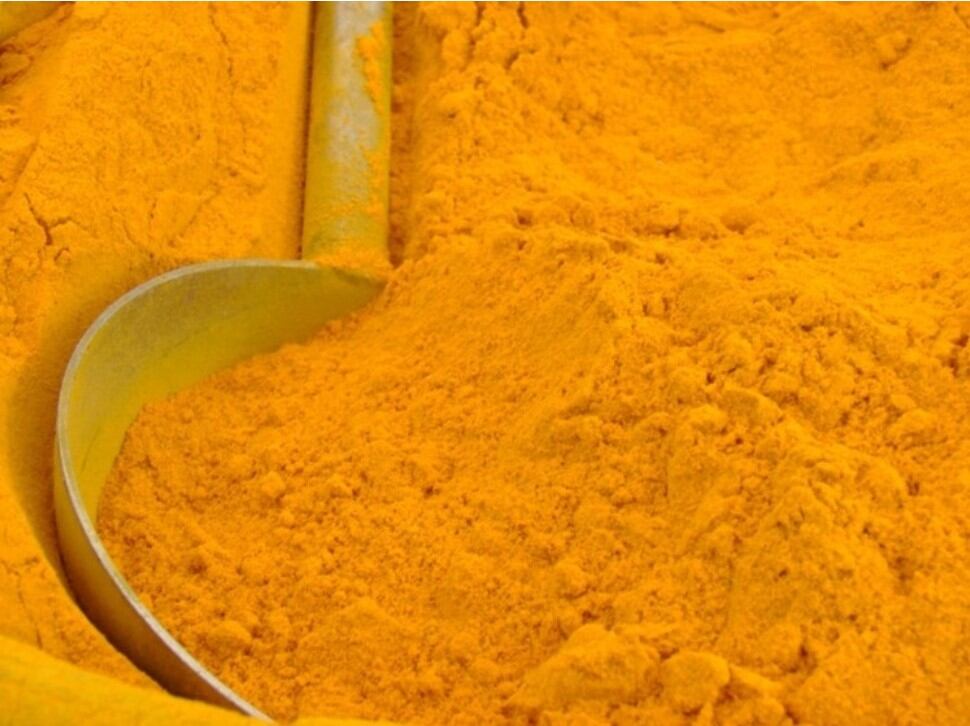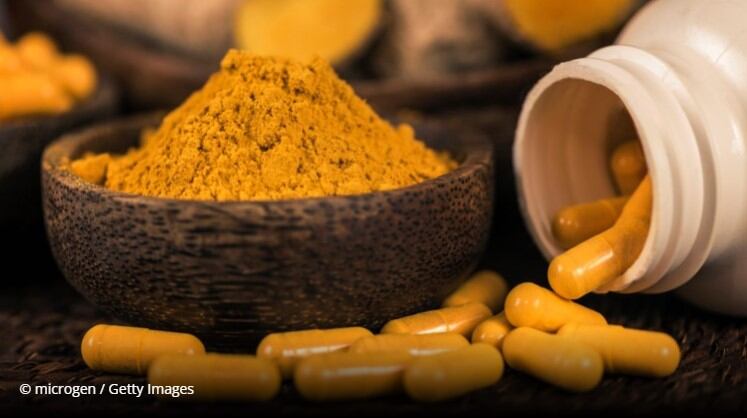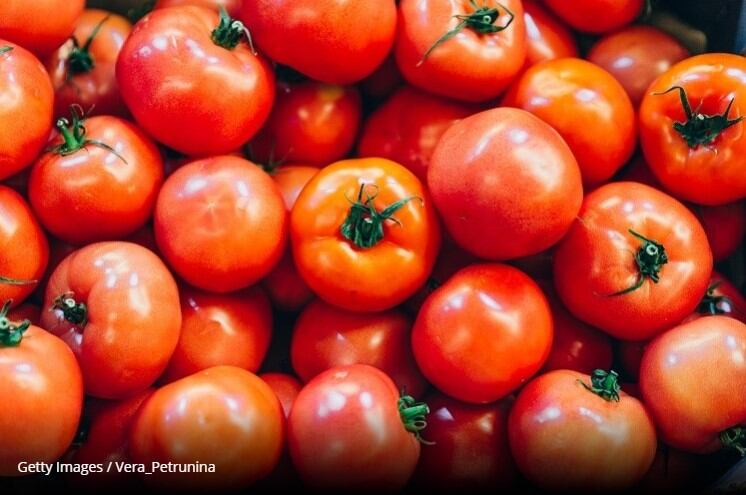The study demonstrates that curcumin stimulates production of proteolytic enzymes involved in the metabolism of the uremic toxins indoxyl sulphate (IS) and p-cresyl sulphate (PCS), contributors to kidney disease progression.
IS and PCS are directly responsible for the progression of renal damage and increased cardiovascular risks, the scientists explain.
As renal damage worsens there are increases in both molecules, however no discernible increases in plasma concentrations were detected in CKD patients after curcumin intake.
“Usually, there is an increment in uremic toxins levels as the renal damages get worse, but this was not observed after supplementation,” the study notes.
“Interestingly, a reduction trend can be noted for total and free PCS levels, after both 3 and 6 months of curcumin phytosome supplementation.”
The metabolic burden
CKD affects around 13.4% of the global population and is one of the main risk factors for developing cardiovascular disease (CVD).
There is growing awareness of the role played by gut microbiota (GM) in certain homeostatic functions and the “metabolic burden” of GM dysbiosis as a result of CKD.
This burden includes the over-production of uremic toxins and inflammation-inducing cytokines detrimental to health.
According to the study: “CKD patients are characterised by a persistent state of low-grade chronic inflammation.
“This inflammation-mediated ageing, called “inflammaging”, is emerging as a central patho-mechanism of ageing, suggesting that it may be modulated to reduce the burden of disease in the elderly.”
Supplementation with probiotics, prebiotics or nutraceuticals are considered effective in modifying clinical outcomes “directly or indirectly mediated by changes in the inflammatory and oxidative status”.
In-vitro studies have already demonstrated the anti-inflammatory properties of curcumin (by lowering plasma cytokines) and the researchers wanted to further explore the effect of oral supplementation on GM modulation and “its interaction between the nutritional, inflammatory, and oxidative statuses”.
Protocol
The study involved 24 elderly volunteers with CKD (males and female) and a control group of 20 participants without CKD (of similar age and gender) for the six-month trial.
CKD patients received a twice daily 500 milligrams (mg) dose of Meriva (food-grade lecithin) curcumin tablets, containing a standardised amount of 100mg highly bioavailable curcuminoids.
A three-day food diary was used to estimate patients’ food consumption. Clinical parameters, anthropometric and body composition measures, dietary habits, and stool and blood samples were collected at baseline, at three months and six months.
Bioimpedance analysis (of protein energy) revealed a considerable reduction in fat mass percentage and a positive (although not significant) increasing trend in fat-free mass (FFM) percentage in the CKD group after three months.
Positive abundance
Meriva intake provoked a shift in gut microbial diversity towards a “health subject community”, with an increase in the relative abundance of three protective bacterial species: Lactobacillaceae significantly increased at six months compared to three months (0.53% vs. 0.15%); there was a progressive increase in Prevotellaceae from baseline to six months, and an overall steady increase in Lachnospira.
A reduction in phosphorus and potassium intake (markers of poor kidney function) was also observed.
In addition, supplementation considerably reduced levels of plasma pro-inflammatory cytokines (CCL-2, MCP-1, IFN-γ, and IL-4), and decreased lipid peroxidation.
Excessive amounts of lipid peroxidation can cause cell damage. However, results revealed an average 18% decrease after three months and an average 25% at six months in CKD patients; levels were significantly lower than the control group.
Total daily calories fell in the curcumin group, as well as total carbohydrates and protein intake from baseline to three and six months.
The authors assert that the results support the conclusions of similar studies on the benefits of curcumin intake.
They conclude: “Curcumin phytosome showed a more efficient curcuminoids biotransformation by the human gut microbiota compared to unformulated curcumin, without altering the natural profile of curcuma metabolites. This suggests a potential improved clinical efficacy”.
Source: Nutrients
Published: doi.org/10.3390/nu14010231
‘Curcumin Supplementation (Meriva) Modulates Inflammation, Lipid Peroxidation and Gut Microbiota Composition in Chronic Kidney Disease’
Francesca Pivari et al




